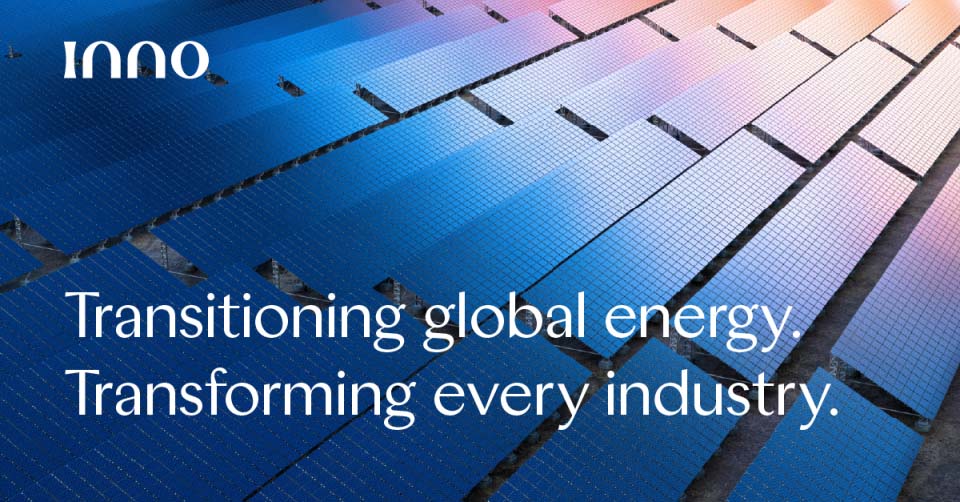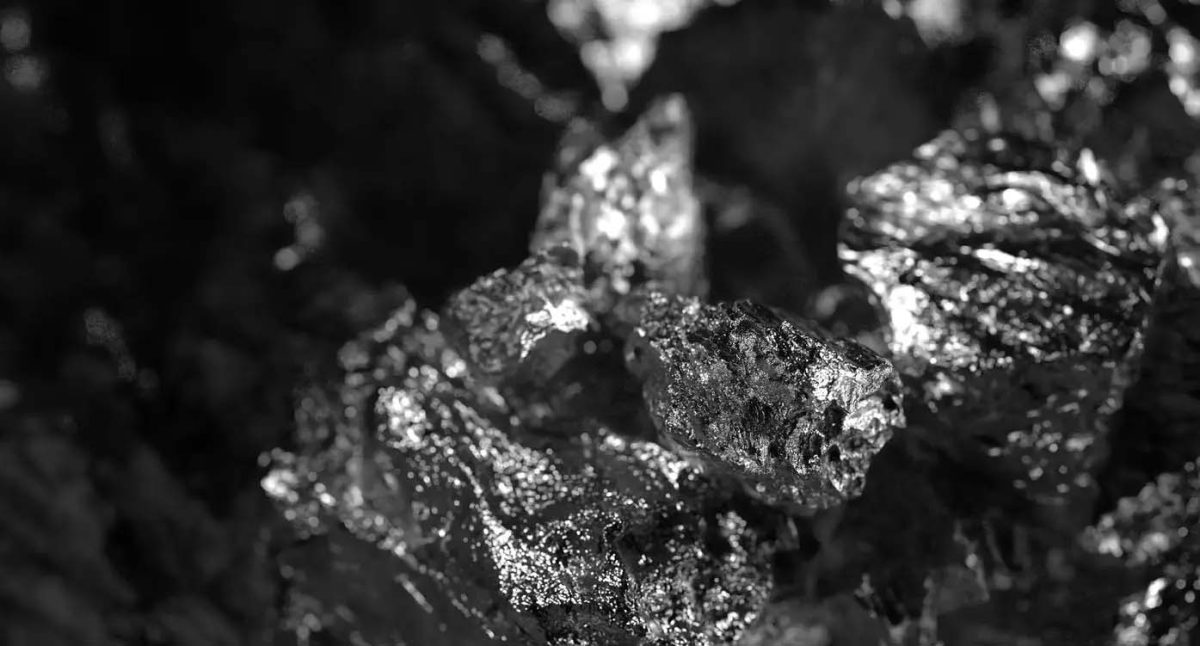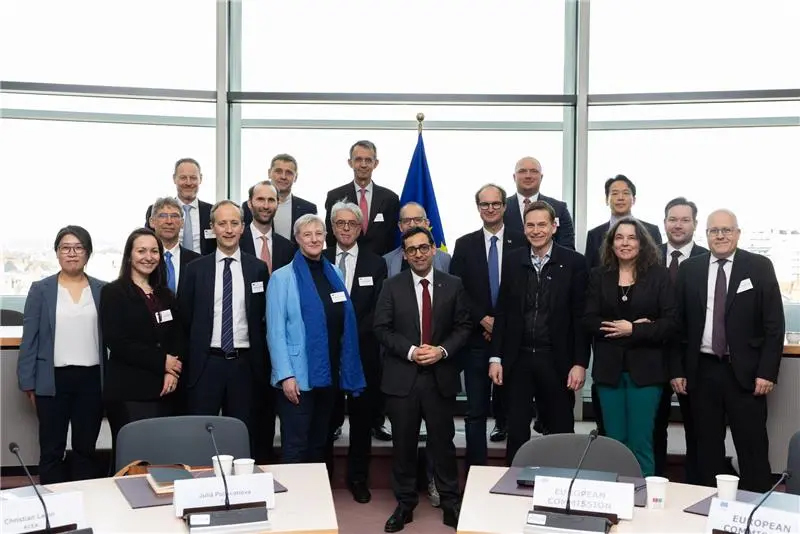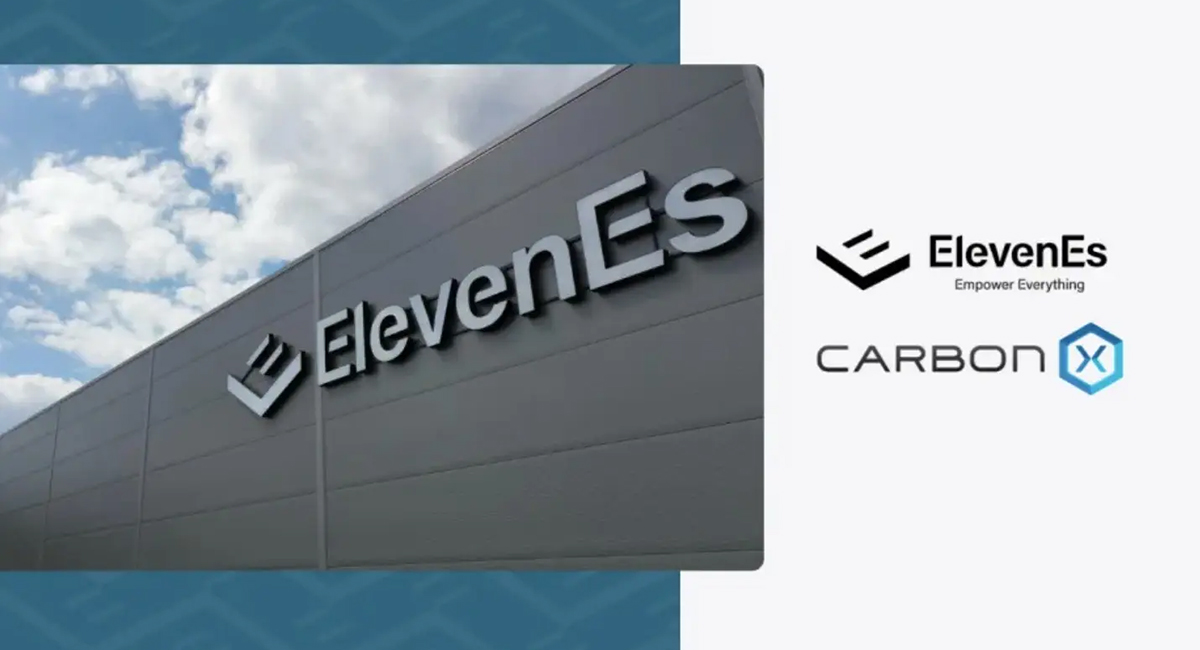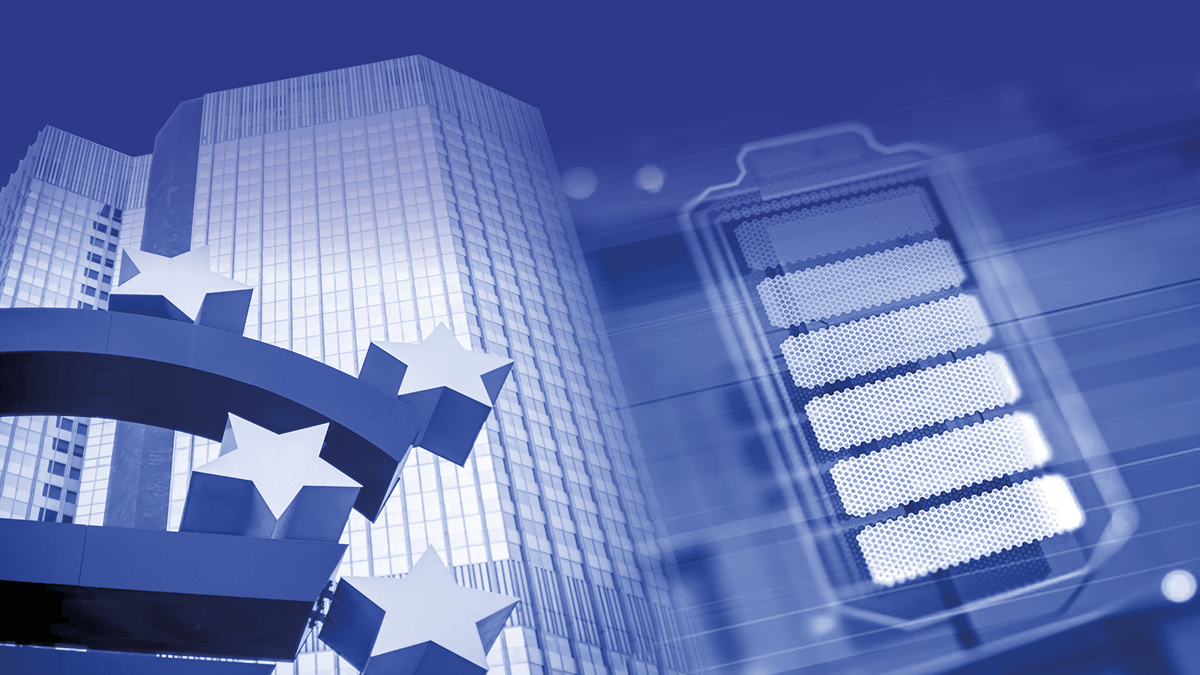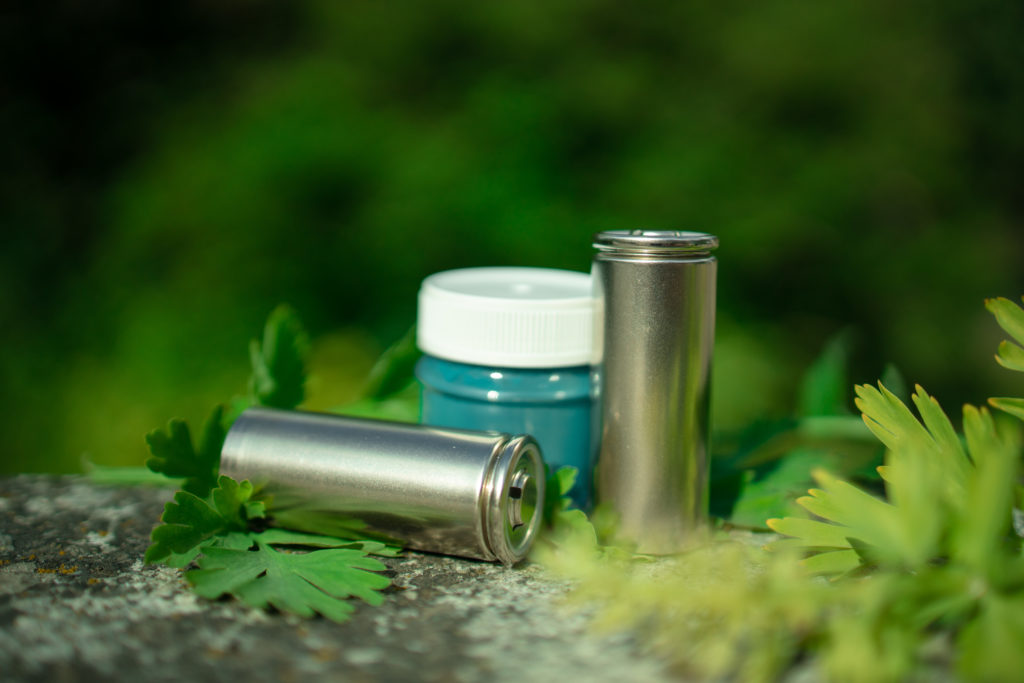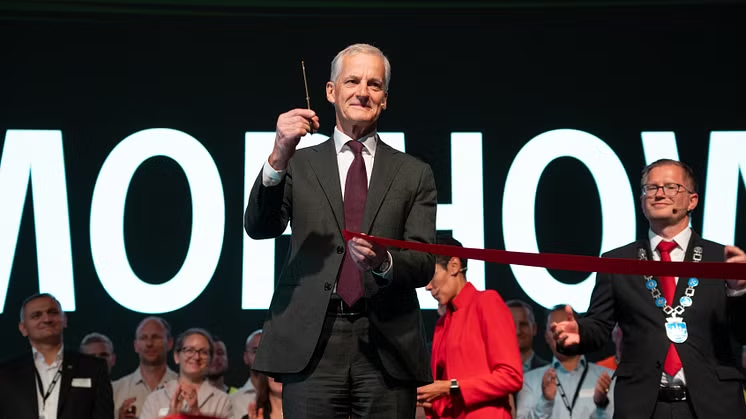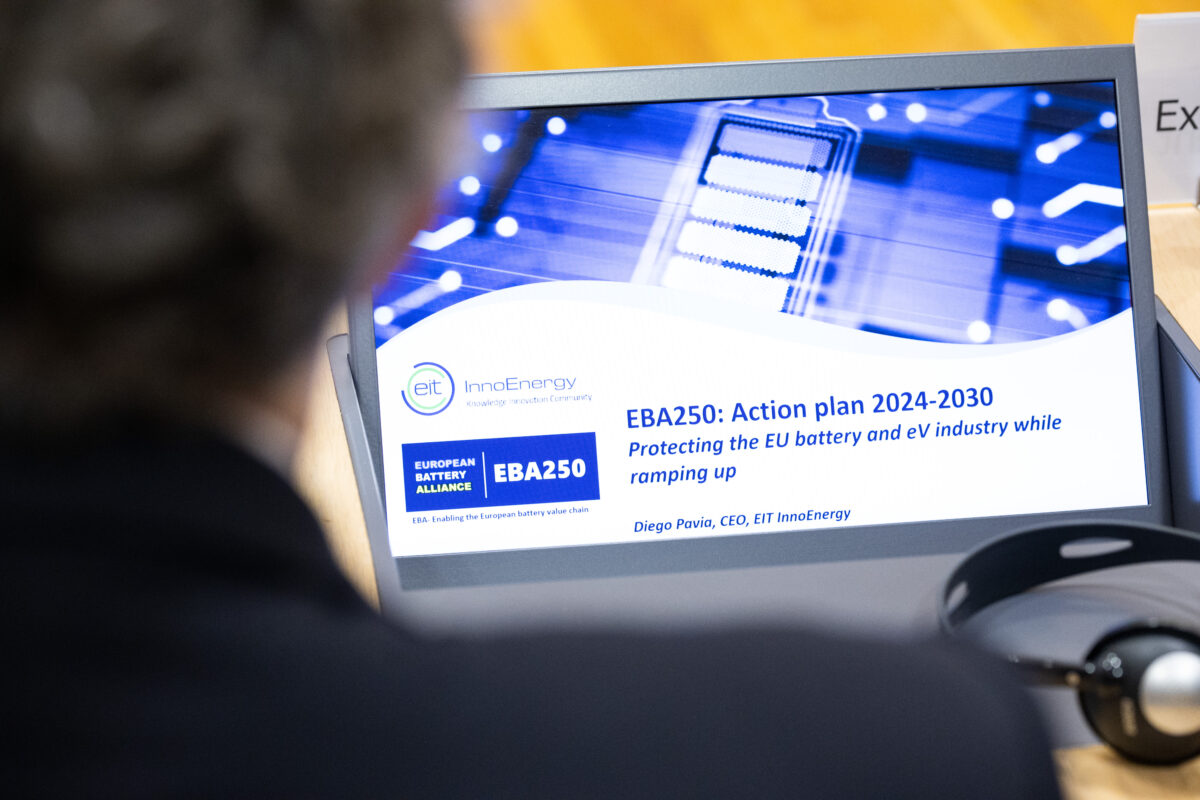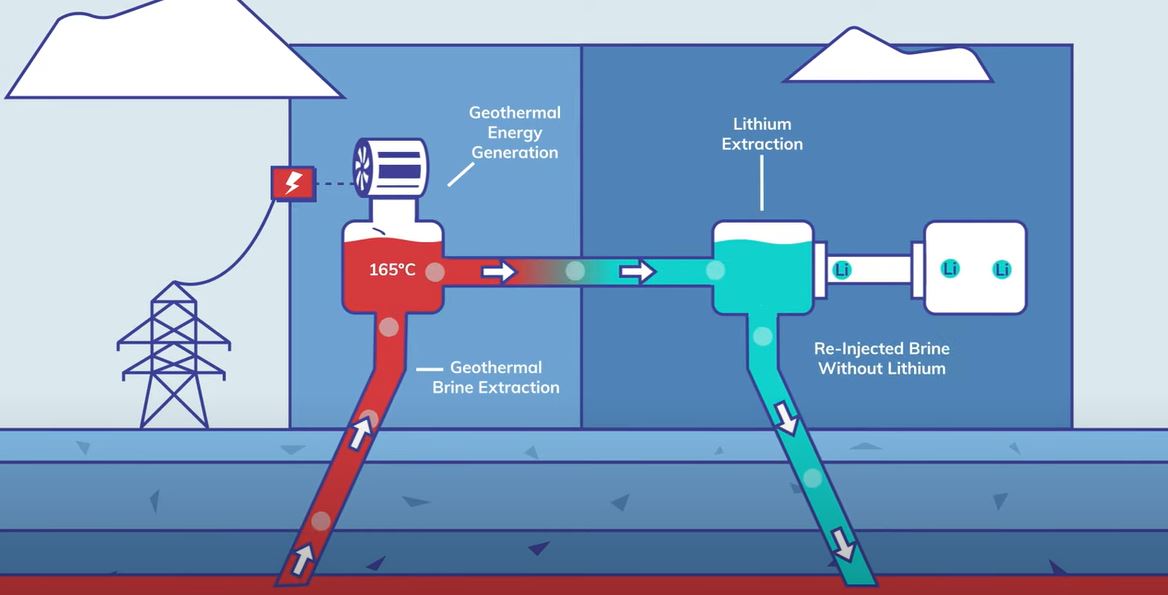
Oct 27, 2021
Lithium from geothermal brines: a less conventional lithium resource with additional benefits
Batteries are without a doubt a cornerstone in the energy transition. The development of sustainable and transparent supply chains for the battery industry is therefore of highest priority. And with the surge in demand for batteries, new sources for battery raw materials need to be developed.
Lithium, for example, will remain the main building block for modern battery technology for the years to come. It is today primarily extracted from hard-rock mining of spodumene – a lithium-rich mineral – or via solar evaporation of huge brine pools. The extracted material is then further processed to either lithium carbonate or lithium hydroxide. Traditionally, lithium carbonate has been the focus of many EV batteries’ producers due to existing battery designs. When it comes to cathode production, lithium hydroxide has nonetheless gained market shares due to better power density, longer life cycle and enhanced safety features.
The relative demand between carbonate and hydroxide will not affect the overall lithium demand. It can however have some implications on the cost competitiveness of lithium brine versus hard-rock deposits. In general, brine has a competitive advantage in lithium carbonate output. But an additional and cost-intensive step is today required for hydroxide production, whereas spodumene producers can directly convert their resource to hydroxide. Besides, other aspects such as public acceptance and CO2-intensity can turn geothermal brine deposits into an attractive option for diversifying the European lithium resources.
The need for lithium is most certainly pushing the development of new extraction technologies, process routes – but also deposit types in Europe. Beyond the more traditional extraction methods from hard rock and brines, we are currently experiencing the development of a variety of projects for extracting lithium from clays, Jadarite or geothermal brines.
Germany-based Vulcan Energy provides one promising example of how geothermal brines can be transformed into a powerful lithium resource for the European battery industry. The company uses indeed renewable geothermal energy to drive their lithium production, without the need to use evaporation ponds, mining or fossil fuels.
Last week Vulcan Energy signed a binding lithium offtake agreement with Umicore. The agreement is for an initial five-year term and the start of commercial delivery is set for 2025. Umicore is to purchase a minimum of 28,000 tonnes and a maximum of 42,000 tonnes of battery grade lithium hydroxide over the duration of the agreement. Umicore has a net zero emission Greenhouse Gas (GHG) goal by 2035, part of its “Go-to-Zero” initiative, and its European cathode plant will be carbon neutral as of the start of production. The development of sustainable raw materials with a low climate footprint is therefore an important step in developing a domestic alternative for the battery industry and in the same time help to reduce the carbon footprint of battery production overall.
Photo credits: Vulcan Energy
More EBA250 news
InnoEnergy, the driving force behind the EBA250 initiative, introduces today its new brand identity,…
The new EU-funded facility will enhance global raw materials partnerships and access to Critical…
Last week, InnoEnergy and EBA250 represented the battery value chain in Brussels alongside Verkor…
ElevenEs, a European LFP lithium-ion battery manufacturer, has signed a Joint Development Agreement with…
The European battery industry has come a long way since the launch of the…
The 2024 Innovation Fund calls for proposals have been launched this week, with a…
Altris, a pioneering Swedish developer of sodium-ion battery technology, has reached significant milestones that…
Last Friday, Morrow Batteries officially inaugurated the first giga-scale LFP (Lithium Iron Phosphate) cell…
On May 24, 2024, the 8th High-Level Meeting of the European Battery Alliance (EBA)…
Following the recent announcement from EVP Šefčovič on the need to support manufacturing of…
